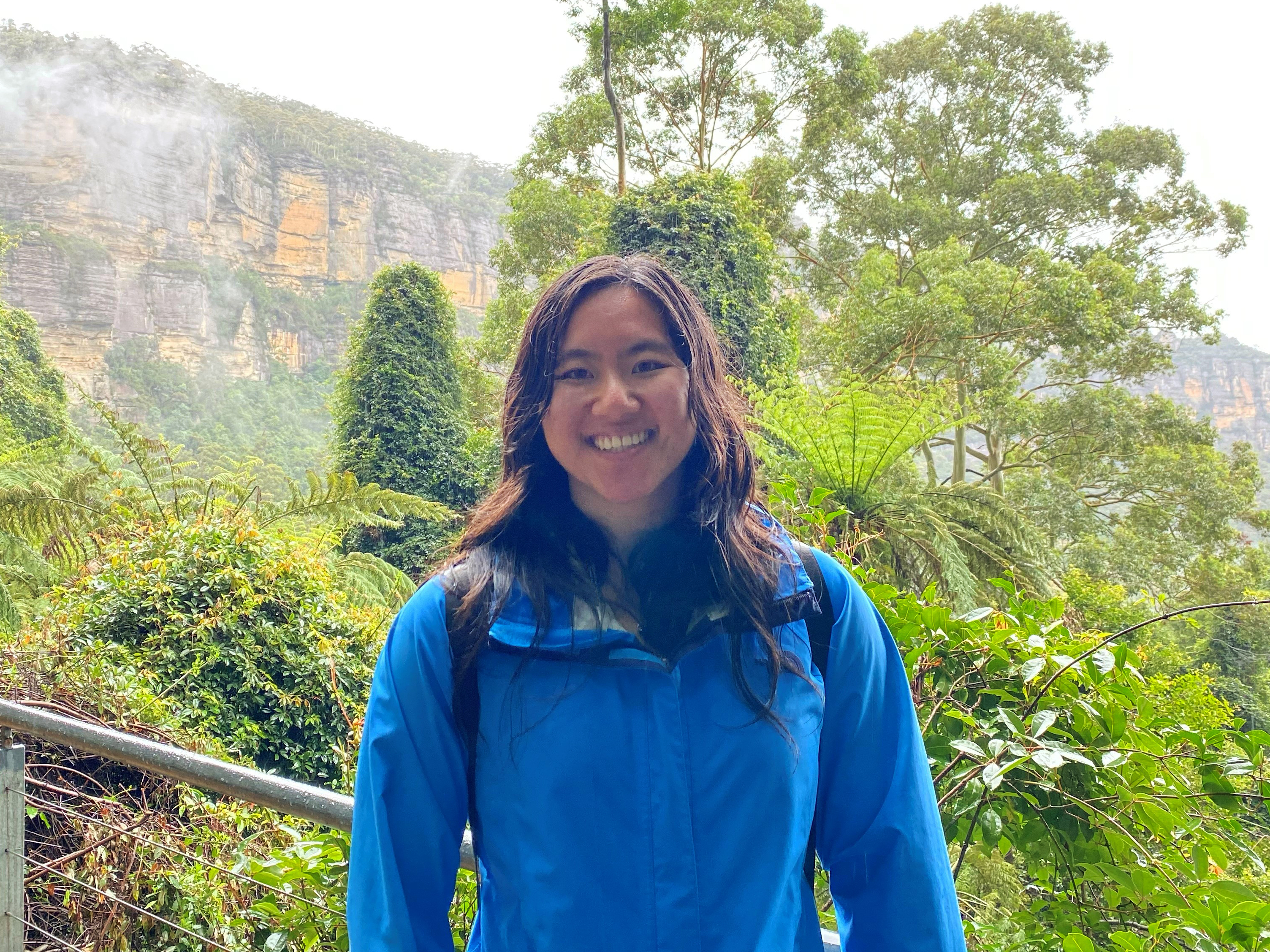"We were looking up, orienting ourselves by the stars and saw the northern lights in the night sky!
We were cold, sleep-deprived and vowing to never take a sheltered bed for granted again—the entire experience was incredible and unforgettable. It was such a unique experience I would never even have fathomed I would do."
Why did you choose to enroll in co-op?
Co-op has always been on my university bucket list, because it’s a great way to kickstart my career. I’ve heard stories about how difficult it can be, for newly graduated students, to locate post grad job placements related to their major. I think it’s common for people to find themselves in that vicious cycle of wanting to gain work experience, but realizing that they need work experience in order to get hired in their field. Co-op sounded like a fantastic way to gain that.
The co-op program is a great way for students to immerse themselves in careers that they find interesting, as well as learn what a career in their field looks like—maybe it’s not even what they imagined? I knew that by going through UBC Science Co-op program, I would have the support and resources of a reliable department and its vetted networks. This vetting goes both ways: employers value utilizing a credible academic institution to hire future employees and UBC Science Co-op screens jobs posted to their database. Some positions may even be exclusively posted in university co-op programs! So, UBC Science Co-op offers the credibility, resources and support that I wouldn’t necessarily have access to if I were to search for a job on my own.
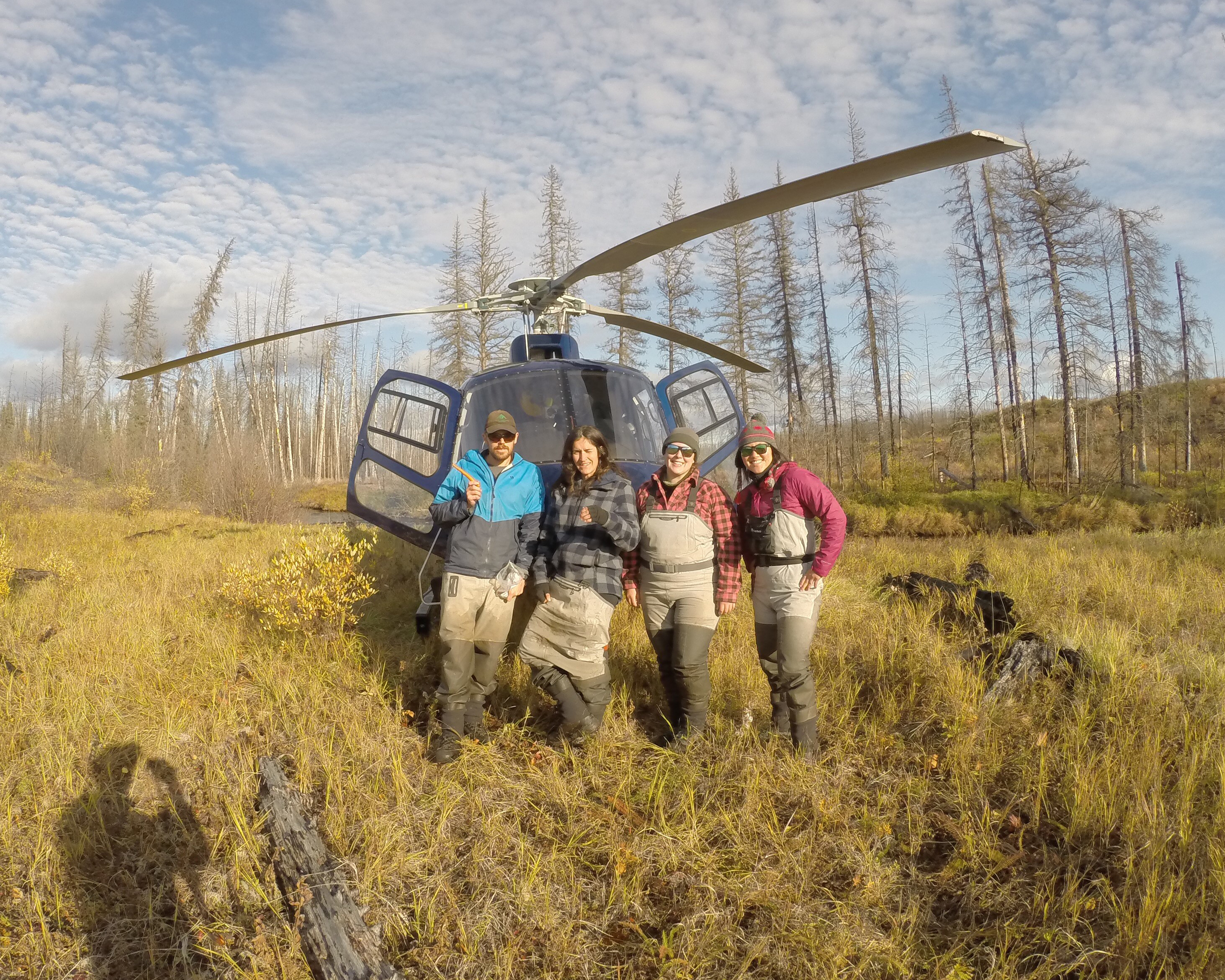
Which positions did you work during co-op?
I am doing all 16 months of my co-op requirements with Environment and Climate Change Canada up in Yellowknife, Northwest Territories as an Aquatic Sciences Assistant. The project I’m involved in is the long term monitoring of the surface water quality of the Athabasca oil sands in northern Alberta.
Can you share your favourite experience while in co-op?
If I may, I’d like to share two of my favourite memories so far.
The first is going out into the field with my colleagues to collect our water quality data and samples in the winter season. We work primarily in Wood Buffalo National Park, and it’s incredible to helicopter over the vast expanse of natural, untouched land and even spot bison and cranes. I’ve learnt how to take a proper surface water quality sample and water quality data, and it’s quite thrilling setting up all our equipment, drilling a hole through the ice, and engaging in scientific protocols while being immersed in the quiet serenity of nature. It’s also fulfilling knowing our work is important and guides responsible development and conservation of Canada’s natural resources.
The second is completing the Arctic Boreal Winter Survival course as a part of my occupational health and safety requirements. We had to survive for two nights in the wilderness just outside Yellowknife, NT.
I was in a team with two other people, and we shovelled from 12pm to 2:30am to build our quinzhee shelter for the first night! (A quinzhee looks like an igloo but it’s built by piling up a large amount of snow, waiting for it to sinter then hollowing out the inside). In the second night, around 3am, we were woken up by a signal to simulate a helicopter flying overhead which we had to get the attention of for our “rescue”. As a class we had to quickly light our collective signal fire before the “helicopter” passed us. At this point we were all sleep deprived, and after hastily throwing on our parkas and winter boots, fumbling to turn on our headlamps, and walking towards what we thought was our signal fire, we realized we had walked in a circle and found ourselves right back at our base camp! We had a good chuckle.
After successfully lighting our signal fire, one of our instructors taught us how to navigate by the stars. We were looking up, orienting ourselves by the stars and saw the northern lights in the night sky! We were cold, sleep-deprived and vowing to never take a sheltered bed for granted again—the entire experience was incredible and unforgettable. It was such a unique experience I would never even have fathomed I would do. I am very thankful to have my co-op experience and the support and mentorship with it.
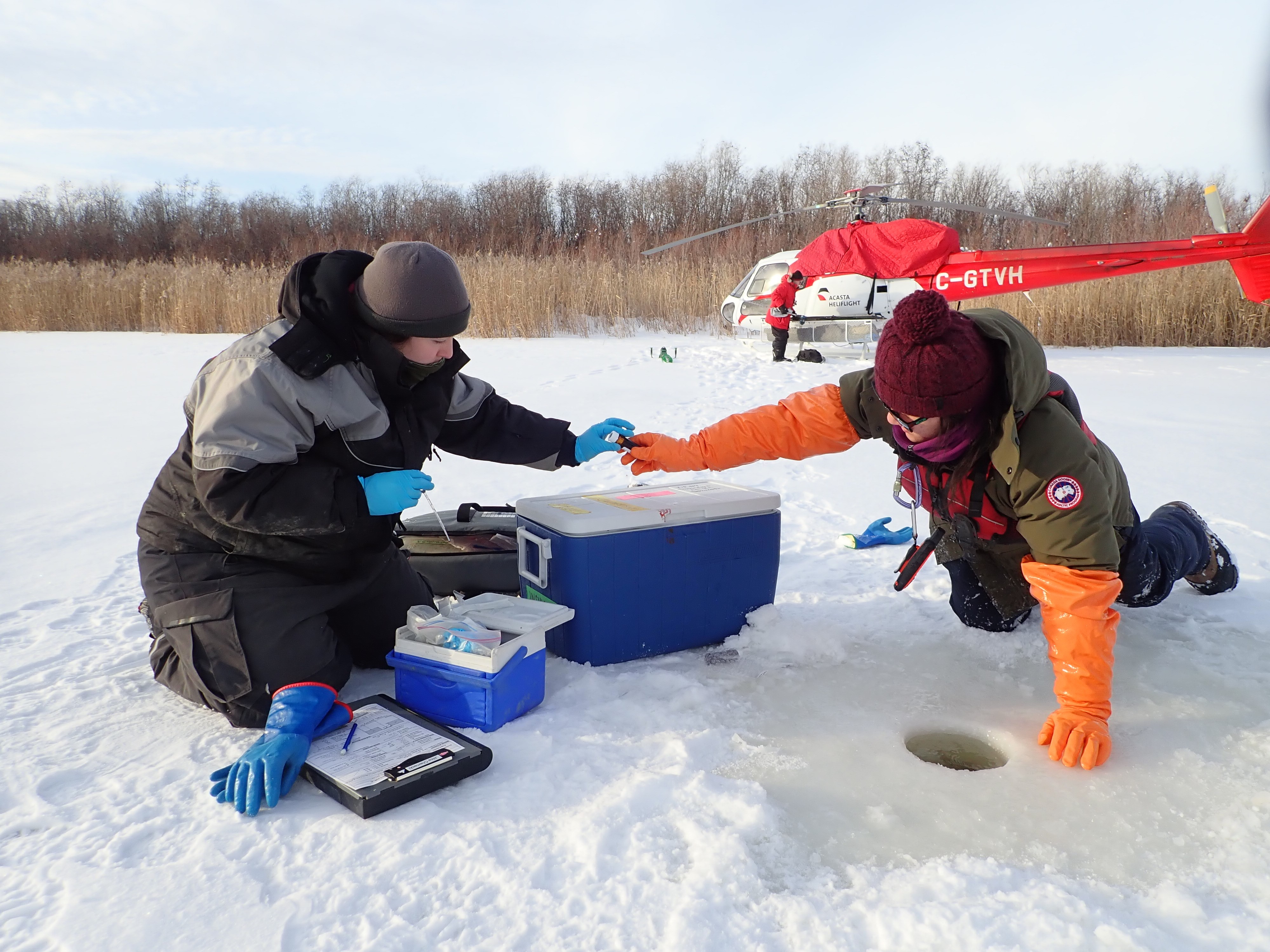
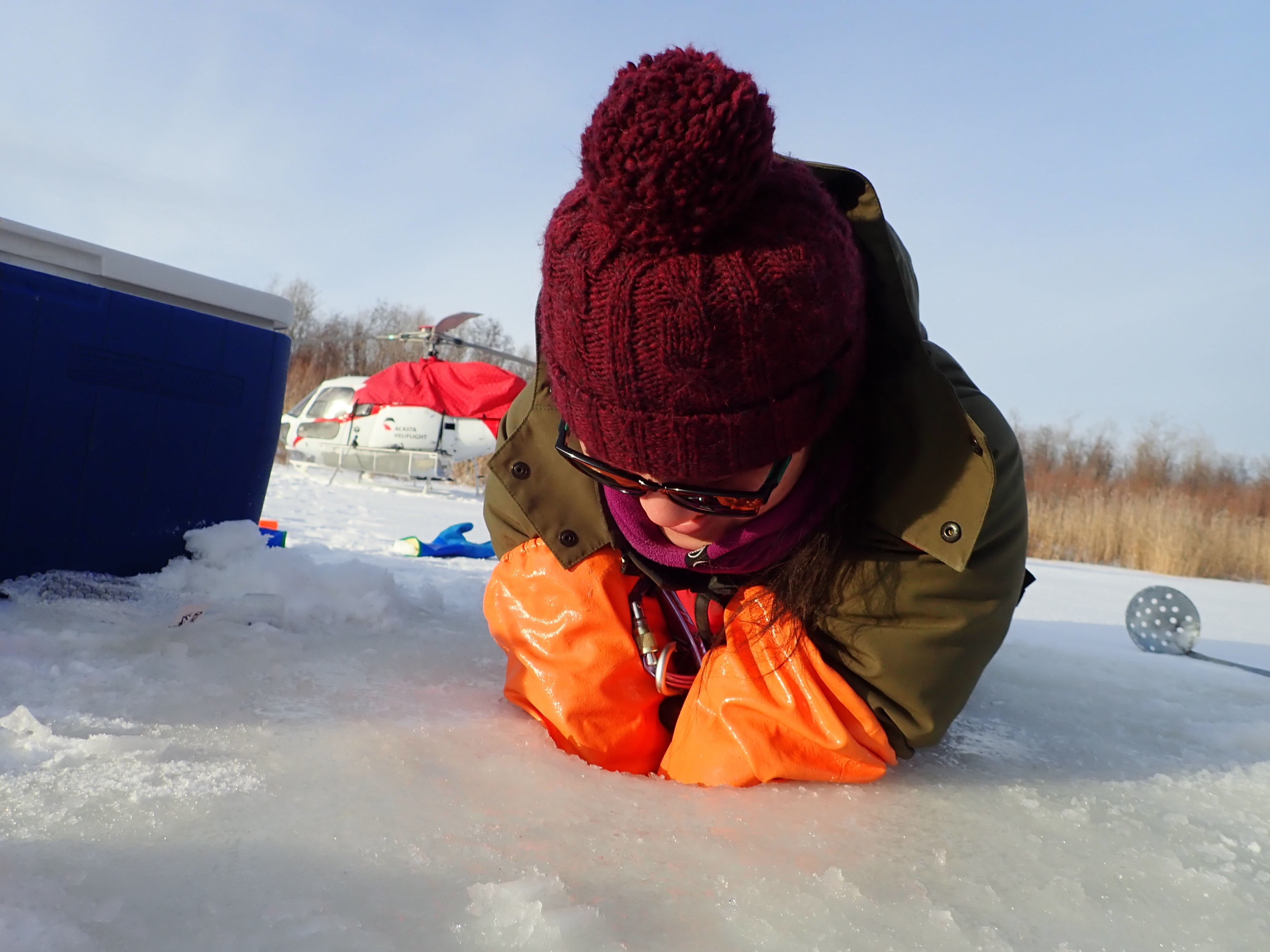
Would you recommend co-op in another city? Why?
Definitely! For starters, it almost combines two university bucket-list items into one—going on exchange and gaining work experience. Co-op is a time of self-growth in and outside of the workplace, and immersing yourself in a different city offers the opportunity to challenge yourself to experience new things you may not [otherwise do].
It was definitely nerve-wracking leaving the familiarity and comfort of home. I am very fortunate to have such kind and welcoming colleagues and new friends that I’ve been able to find my place in a new community. Being in a different city allows me to prioritize giving my best at work and challenges me to step out of my comfort zone to meet new people who have turned out to be incredible individuals who I want to get to know better.
How do you feel co-op has helped your career?
Co-op has shown me what skills are an asset in a career setting. Since the co-op program is designed to be completed before I finish my undergraduate degree, I now have the opportunity to utilize the remaining time in my studies to refine these skills early on so that I can thrive in the workplace setting. By knowing what lies ahead, I feel more informed and confident in making decisions regarding my future after my studies, and I have a more focussed sense of what I want to put my efforts towards career-wise.
What advice would you offer future co-op students?
Don’t be afraid to challenge yourself—whether in applying for a position that might seem out of reach, or finding opportunities within your current position to do and learn more. Co-op is programmed so that students have a dedicated supervisor and mentor who will guide our learning process—something that might not be emphasized if we were to find a position on our own. We are in co-op not only to work, but also to learn how to work and to learn from our work experience. The setting is a little bit more forgiving than if we were hired just to perform. So be confident (but not pompous), and remember that co-op is a two-way process: we’re here to work and help our organization achieve their goals, and our organization is here to help us learn along the way.
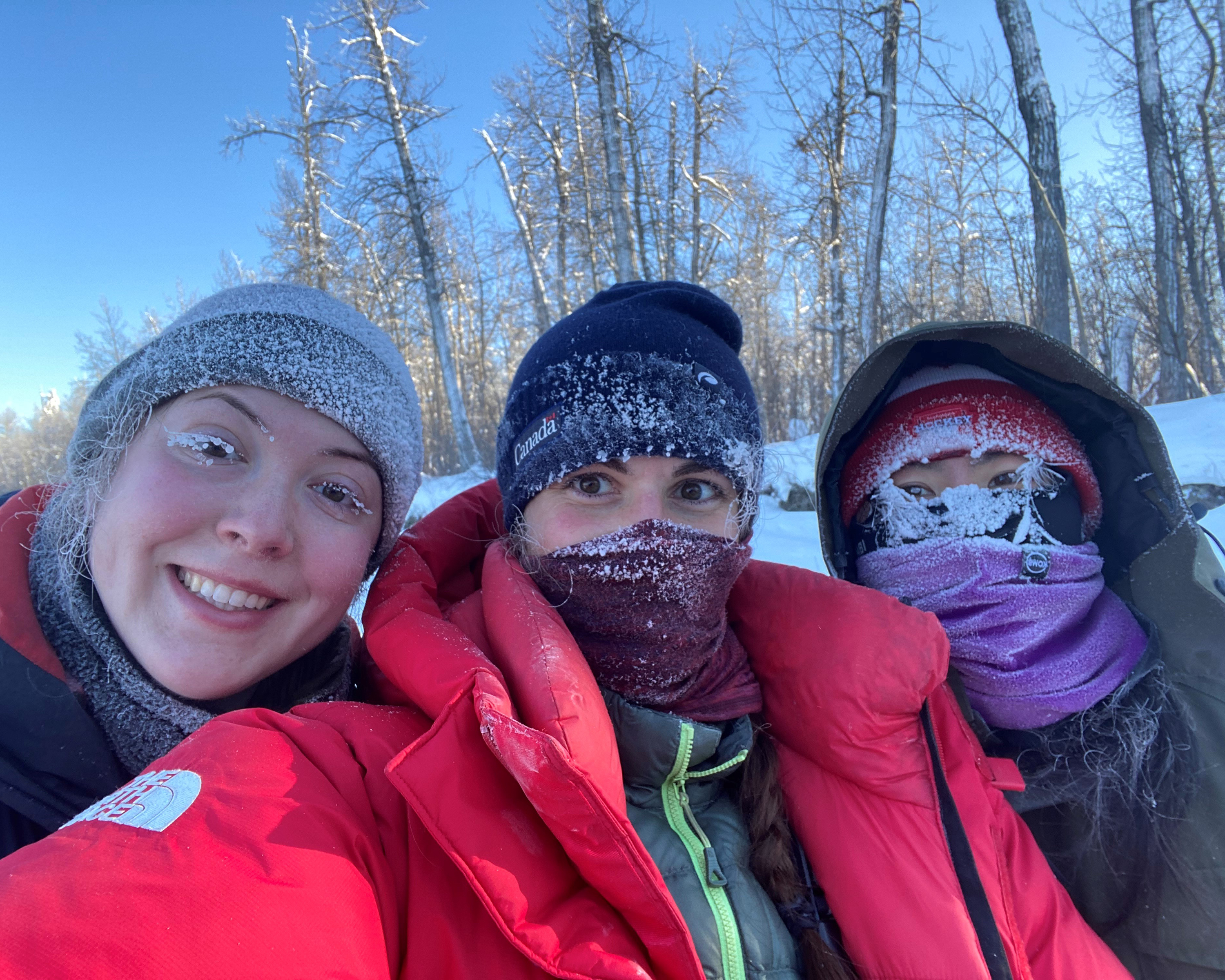
Published: March 24 2020
